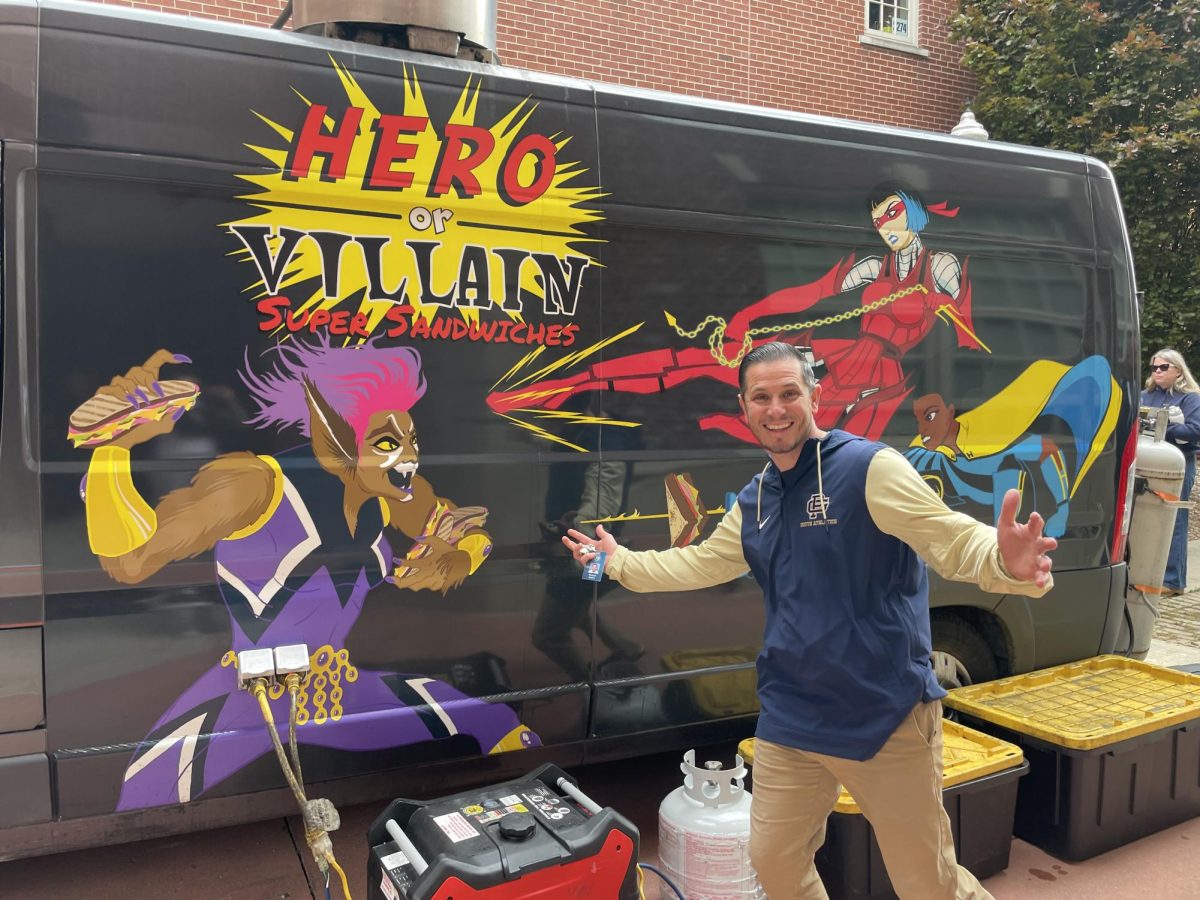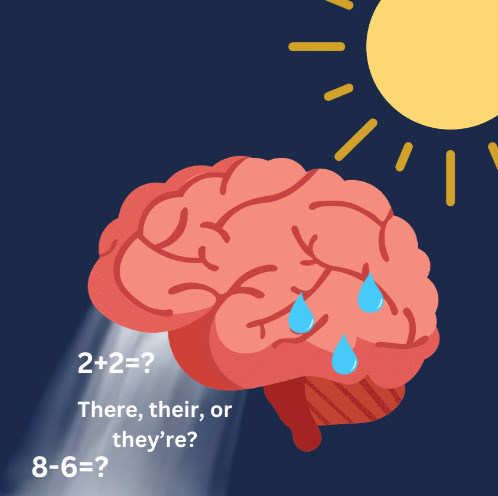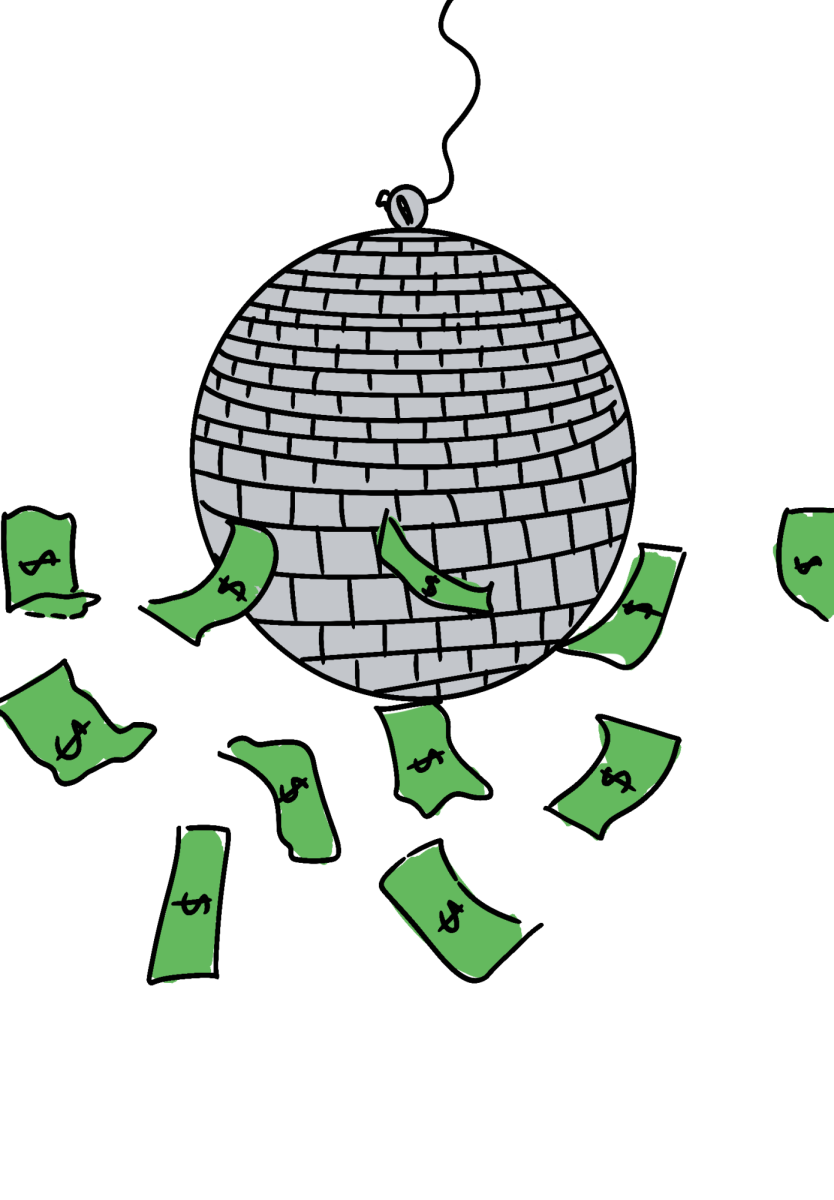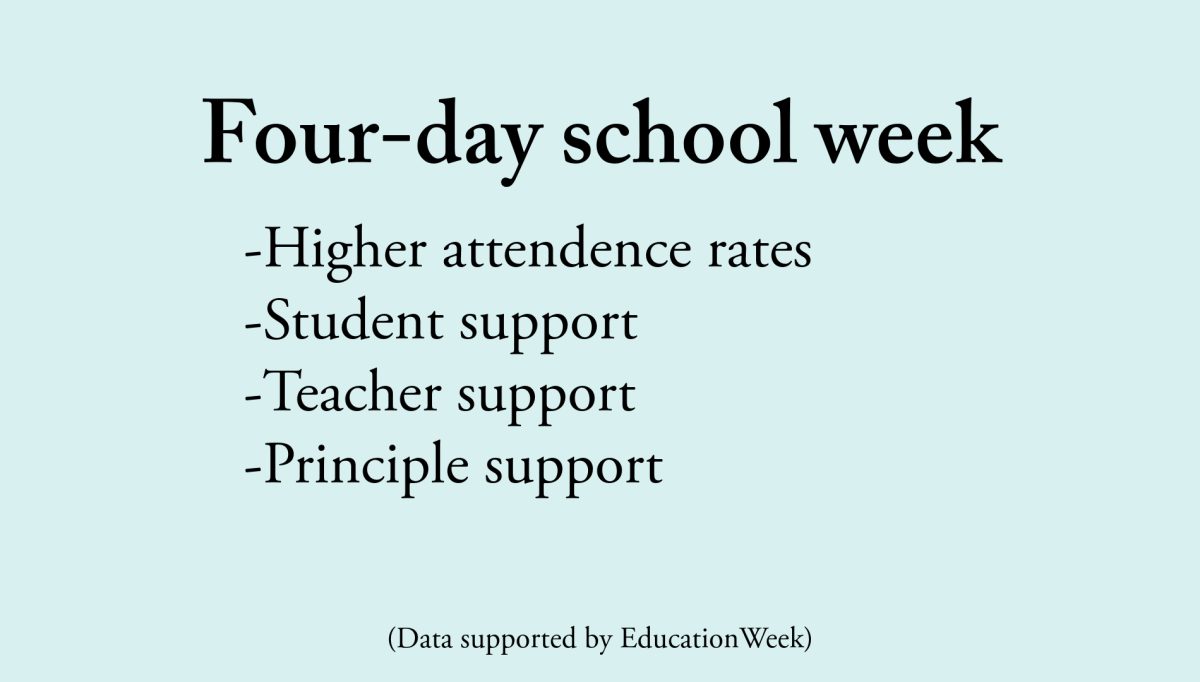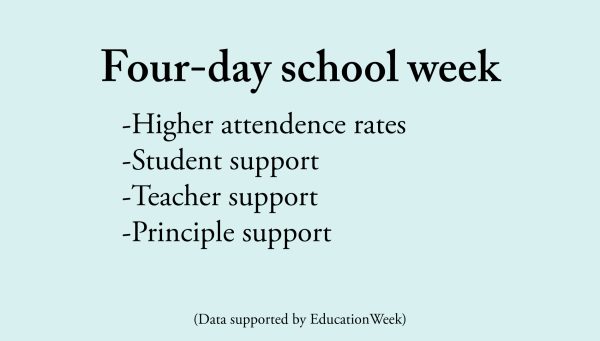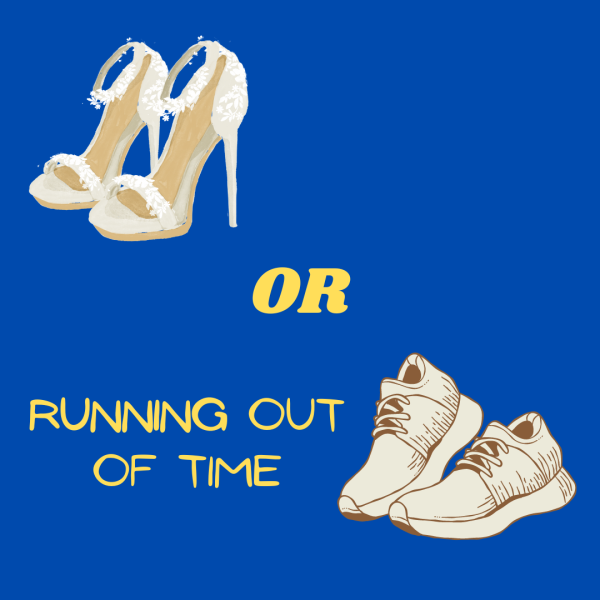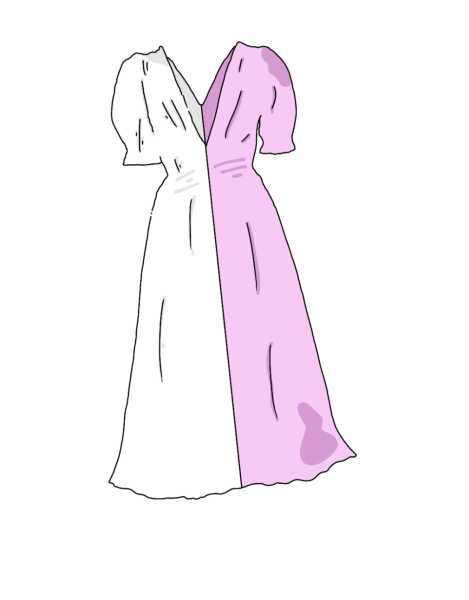Changing the narrative around mental illness
May 12, 2021
I’ve spent the past three years of my life trying to get help. When you’re “high-functioning” in a society that stigmatizes mental illness, you’re put off as dramatic. You’re just going through a phase. You’ll get over it.
I think this false notion comes from the fact that I’ve always done well in school. I have a 4.2 GPA, I take AP classes and I do a bunch of extracurriculars. So how could I possibly be depressed?
It’s simple. I have no idea.
Just kidding. But honestly, there are so many factors that contribute to mental illness, it would take me forever to discuss them all. From genetics to environmental factors to trauma, there’s no one size fits all.
Additionally, the way mental illness presents itself is different from person-to-person. And as my therapist frequently reminds me, diagnoses are mostly used for insurance purposes– someone could present a multitude of traits from various disorders without meeting the criteria for a specific diagnosis.
However, I was fortunate enough to receive a diagnosis this past February: depression and anxiety. And for that I am extremely grateful, it is a great privilege I received a diagnosis at all– especially considering the socioeconomic and racial prejudices rampant in the medical industry.
But now that I’ve had several months to reflect on my experiences, I’m angry.
I’m angry it took me so long to receive proper treatment. I’m angry others have had an easier time getting diagnosed. I’m angry at society’s toxic positivity.
May is Mental Health Awareness Month. And to be fair, I’ve seen quite a few infographics on Instagram gushing about supporting each other.
I’ve seen lots of tips on how to spot someone who is struggling, but a lot of the time, those lists are intended for those whose symptoms are more apparent.
People like me who are considered high-functioning are often swept under the rug by mental health “advocates” because we don’t fit the stereotypical idea of what it means to be mentally ill. Likewise, many people who offer “support” on social media are only interested in helping those who are “mentally ill enough” for their standards.
Where was my support when I needed it? Where was my support when I had no one to turn to? Where was my support when I made myself so anxious I became physically sick?
Support for mental illness cannot be individual, it must be intersectional. You can’t pick and choose when someone’s mental illness is valid, just like I can’t pick and choose whether or not I’m anxious and depressed.
By perpetuating this idea that mental illness is a checklist is simply untrue. And only validating people when they’re “mentally ill enough” is cruel. We aren’t statistics.
Mental health is complex, it cannot be confined. There is no checklist that can encompass the experiences of millions of people. By changing the narrative around what we view as mental illness, we can create a world where everyone feels loved and supported.











